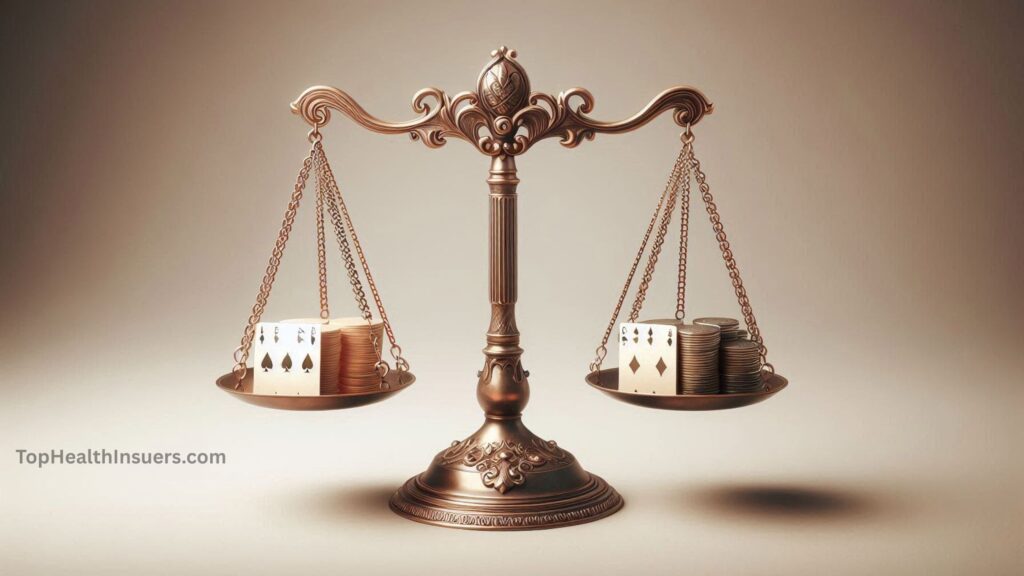Is a Bronze Plan better than a Silver Plan for Families?
Choosing the right health insurance plan for your family can feel like a puzzle. You want to balance monthly costs, coverage, and protection against unexpected medical bills—but the options can be overwhelming. Two of the most common plans on the marketplace are Bronze and Silver. But which one really makes sense for families? Let’s break it down in a way that’s easy to understand and practical for real life.
🥇 Understanding Health Insurance Tiers
Thanks to the Affordable Care Act, most marketplace health insurance plans fall into four “metal tiers”: Bronze, Silver, Gold, and Platinum. These tiers don’t indicate the quality of care—they describe how costs are shared between you and your insurer.
| Tier | Monthly Premium | Out-of-Pocket Costs | Coverage % |
|---|---|---|---|
| Bronze | Lowest | Highest | ~60% |
| Silver | Moderate | Moderate | ~70% |
| Gold | Higher | Lower | ~80% |
| Platinum | Highest | Lowest | ~90% |
Think of it like streaming services: Bronze gives you the basics, Silver adds more features, and Gold or Platinum is the full premium experience.

🥉 Bronze Plans: Pros and Cons
Bronze plans are all about low monthly premiums. They cover around 60% of your medical costs, meaning you pay more out-of-pocket when care is needed.
Who it’s best for:
- Healthy families who rarely visit the doctor
- Parents looking to keep monthly costs low
Pros:
- Lowest monthly premium
- Covers essential health services (as required by law)
- Provides financial protection for emergencies
Cons:
- High deductibles and out-of-pocket costs
- Expensive if someone gets sick or injured
- Less ideal for families with young children or frequent doctor visits
Pro Tip: If you go with a Bronze plan, make sure you have an emergency fund to cover unexpected medical expenses.

Also Read: What’s the Best Plan Type for Chronic Illness Management?
🥈 What Is a Silver Plan?
Silver plans cover roughly 70% of medical costs and qualify for Cost-Sharing Reductions (CSRs) if your income falls within a certain range. CSRs can dramatically reduce deductibles and other out-of-pocket costs.
Who it’s best for:
- Families who visit doctors regularly
- Parents with chronic conditions or young children
Pros:
- Lower deductibles than Bronze plans
- CSRs can make it very affordable for eligible families
- Offers balance between routine care and protection from emergencies
Cons:
- Higher monthly premium than Bronze
- Still some out-of-pocket costs when care is needed

⚖️ Bronze vs. Silver: What Families Need to Know
When deciding between Bronze and Silver, consider four main factors:

💸 Monthly Premiums
- Bronze: Lowest cost, ideal for families who rarely need medical care
- Silver: Slightly higher but offset by CSRs if eligible
💰 Out-of-Pocket Costs
- Silver: Lower deductibles and copays reduce financial surprises
- Bronze: Higher costs if someone requires treatment
📋 Coverage Differences
- Silver: Covers more prescriptions, routine checkups, and specialists
- Bronze: Focused on essential care and emergency services
👨⚕️ Access to Doctors
Networks are often similar, but Silver plans sometimes offer access to more providers, especially with subsidies.
👪 Which Plan Works Best for Your Family?
| Family Type | Recommended Plan | Why |
|---|---|---|
| Healthy family with older kids | Bronze | Rare medical visits, save on monthly premiums |
| Family managing chronic conditions | Silver | Lower out-of-pocket costs for ongoing care |
| Single-parent household | Silver | Balanced coverage for both parent and child |

Also Read: Does Molina Healthcare Offer Good Customer Support?
🎯 How Subsidies Make Silver Plans More Attractive
Cost-Sharing Reductions (CSRs) are only available with Silver plans. CSRs can:
- Lower deductibles
- Reduce copays
- Help with coinsurance
This means a Silver plan can actually cost less overall than a Bronze plan, even with a higher monthly premium.

💡 Real-Life Family Scenarios
👶 Young, Healthy Family
- Bronze works well
- Keep an emergency fund for unexpected medical bills
🧒 Family with Chronic Conditions
- Silver is better
- Saves money on prescriptions, frequent visits, and specialist care
👩👧 Single-Parent Household
- Silver offers balance
- Protects both parent and child financially

Also Read: Can I Change My Plan After Enrollment?
🧠 Tips for Choosing the Right Plan
- Evaluate your family’s healthcare needs and doctor visits
- Consider chronic conditions and ongoing prescriptions
- Calculate potential out-of-pocket costs vs. monthly premiums
- Check if you qualify for premium subsidies or CSRs

Tip: Use online tools to compare plans and verify which doctors are in-network.
🛠️ Resources and Tools
- Healthcare.gov – Official federal marketplace
- State health insurance marketplaces – Local plans and subsidies
- Online insurance comparison tools – Compare premiums, deductibles, and networks
- Local health insurance navigators – Personalized guidance
✅ Conclusion
Bronze plans save money on monthly premiums, but Silver plans provide better protection against high medical costs, especially for families with children, chronic conditions, or frequent medical needs. If your family qualifies for subsidies, a Silver plan may actually be the smarter financial choice.
Next Step: Compare your options on Healthcare.gov and select a plan that balances cost, coverage, and peace of mind for your family.
❓ Frequently Asked Questions
Q1. Can I switch between Bronze and Silver plans mid-year?
Yes, usually only during a special enrollment period unless you have a qualifying life event.
Q2. Are Bronze plans “bad” coverage?
No—they cover essential services but have higher out-of-pocket costs.
Q3. Who qualifies for CSRs?
Families with incomes roughly between 100–250% of the federal poverty level.
Q4. Which plan is better for young children?
Silver, due to lower out-of-pocket costs and more comprehensive pediatric coverage.
Q5. Can a Silver plan be cheaper than Bronze?
Yes—if you qualify for CSRs, the overall cost may be lower than Bronze.

Post Comment